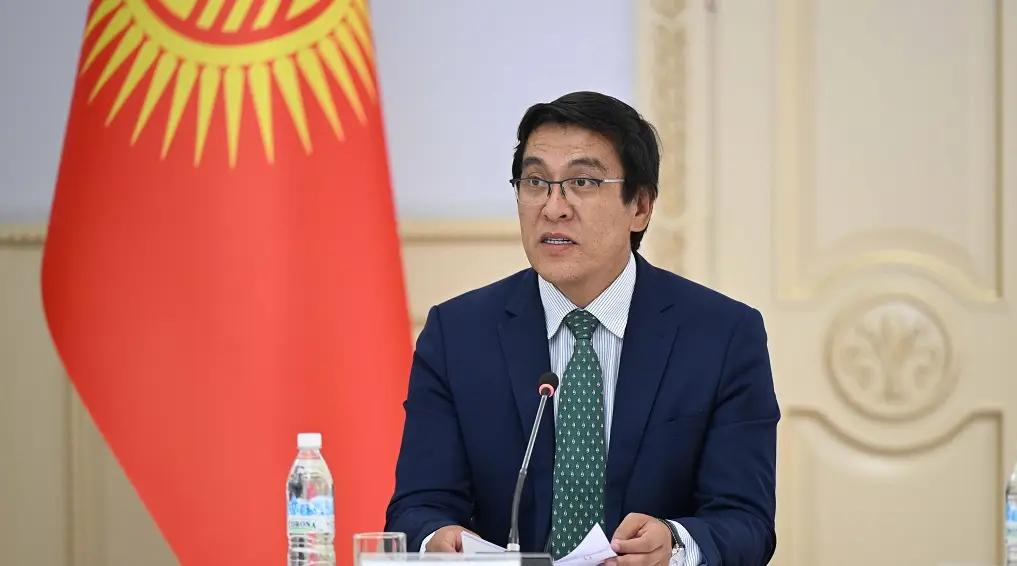
Published
10/10/2025, 11:16Kyrgyzstan is capable of occupying a strong position in the rapidly growing global carbon credit market. This was stated by Deputy Prime Minister Edil Baysalov at the National Climate Dialogue organised by the UN in conjunction with the Ministry of Natural Resources, Ecology and Technical Supervision.
According to him, the country has had the opportunity to become a leader in promoting carbon trading for several years, but this potential has not yet been realised.
«We could have become leaders two or three years ago. But some of our colleagues preferred to wait and see — let other countries try it first, and then we will. We will not wait. Kyrgyzstan must be among the leaders, not afraid of mistakes. This is a new market, and we need to act», — Edil Baysalov emphasised.
He said that the government is in talks with the Climate Finance Centre to start practical development of the carbon credit market in the near future. According to Baysalov, dozens of international corporations are interested in Kyrgyzstan and are ready to buy domestic carbon credits.
In addition, the Deputy Prime Minister spoke about the new ‘Prosperous Kyrgyzstan’ programme, under which the country intends to double its forest cover from the current 7% of the territory to 14% by 2050. The plan is to plant 800 million trees, each of which will be counted as Kyrgyzstan's contribution to cleaning up the atmosphere.
«We must not wait for our neighbours and international missions. We need to study the Paris Agreement ourselves and apply carbon trading mechanisms. We are ready to act without delay», — Baisalov said.
Carbon credits are financial units that reflect the amount of greenhouse gas emissions reductions. One credit corresponds to one tonne of carbon dioxide not released into the atmosphere.
If a country or company reduces emissions (for example, by planting forests, introducing clean technologies, or abandoning coal), it receives such credits and can sell them to those who exceed the limits.
This creates a global ‘clean air’ market, where ecology becomes not only a social but also an economic value.



